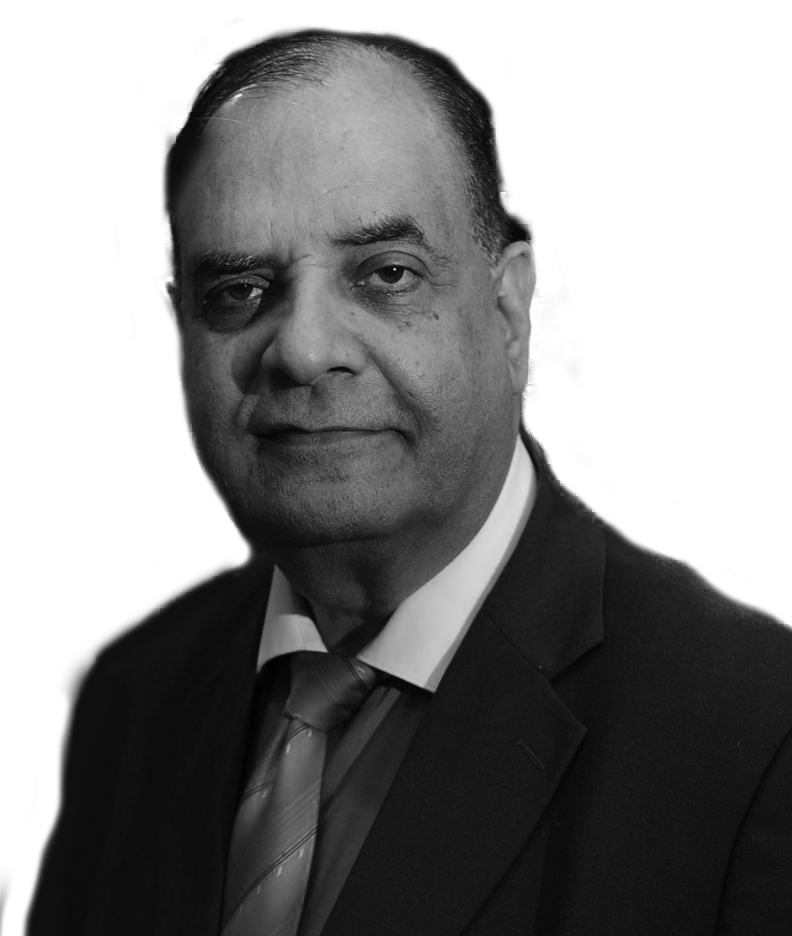Pawar’s autobiography ‘On My Terms’ is a frank and forthright account of the many vicissitudes of a long political life.
NEW DELHI: “The Story of My Experiments with Truth” is the autobiography of Mahatma Gandhi. The book covered Gandhi’s early life through 1921 when he was in his early 50s. Gandhi never hides his mistakes, and weaknesses in his personal, social or political life. Is it easy for any senior political leader, big businessman-industrialist, top literary writer or famous film personality? In the last decade, we have seen a number of autobiographies of such personalities. The latest one is “Azaad”, the autobiography of a former Congress leader Ghulam Nabi Azad. He is not the first Congress leader who has spoken of maximum contribution and role for working and saving the party in difficult times. Earlier, we have seen and read books, to some extent autobiographies, by Chandra Shekhar, Pranab Mukharjee, Sharad Pawar, and Makhan Lal Fotedar.
In the fourth volume of his autobiography titled, “The Presidential Years (2012-2017)”, former President Pranab Mukherjee blamed the Congress party for losing its focus, after his elevation to the post of the President. Earlier, Mukherjee had made making scathing observations about the Congress party in his autobiography’s fourth volume. Mukherjee narrated how several Congress leaders believed his lack of elevation to the post of Prime Minister in 2004 was responsible for the defeat of the once-formidable Congress party in the 2014 General Elections. Pranab Mukherjee recounted, “Some members of the Congress have theorized that had I become the PM in 2004, the party might have averted the 2014 Lok Sabha drubbing. Though I don’t subscribe to this view, I do believe that the party’s leadership lost political focus after my elevation as President.” In his book, President Mukherjee blamed the top leadership of the Congress party for the debacle and reportedly says, “While Sonia Gandhi was unable to handle the affairs
Sharad Pawar’s autobiography “On My Terms” is a frank and forthright account of the many vicissitudes of a long political life, of friendships ending in estrangements, alliances breaking into feuds and late-night scheming, leading to early morning patch-ups. That is what politics is about, and all that politics is about is there in fair abundance in this book.
Anyone curious about the events of the decades with which the book deals will find many interesting nuggets of information and pithy observations throughout its pages. At places, one wishes that Pawar had gone a little deeper into the events or elaborated on the doings of men and women of his time. He treats certain key events—like those of the Emergency years—rather than leaving matters somewhat hazy.
Sometimes one gets the feeling as if he has left the details out of discretion if not caution. The book would have, possibly, remained incomplete if Pawar had wound it up without touching on some of the charges of wrongdoing that have been hurled at him for many years by one and all and about which he has all along maintained a deliberate and studied silence. These arise from his alleged closeness to Dawood Ibrahim and alleged undue favours done to his business friends like Ajit Gulabchand in allotment of land for developing the hill resort of Lavasa. Pawar seems to have decided to clear the matter and his conscience at last. He has given elaborate explanations on both counts and a couple of other counts too.
The writer is editorial director of ITV Network—India News and Dainik Aaj Samaj.

